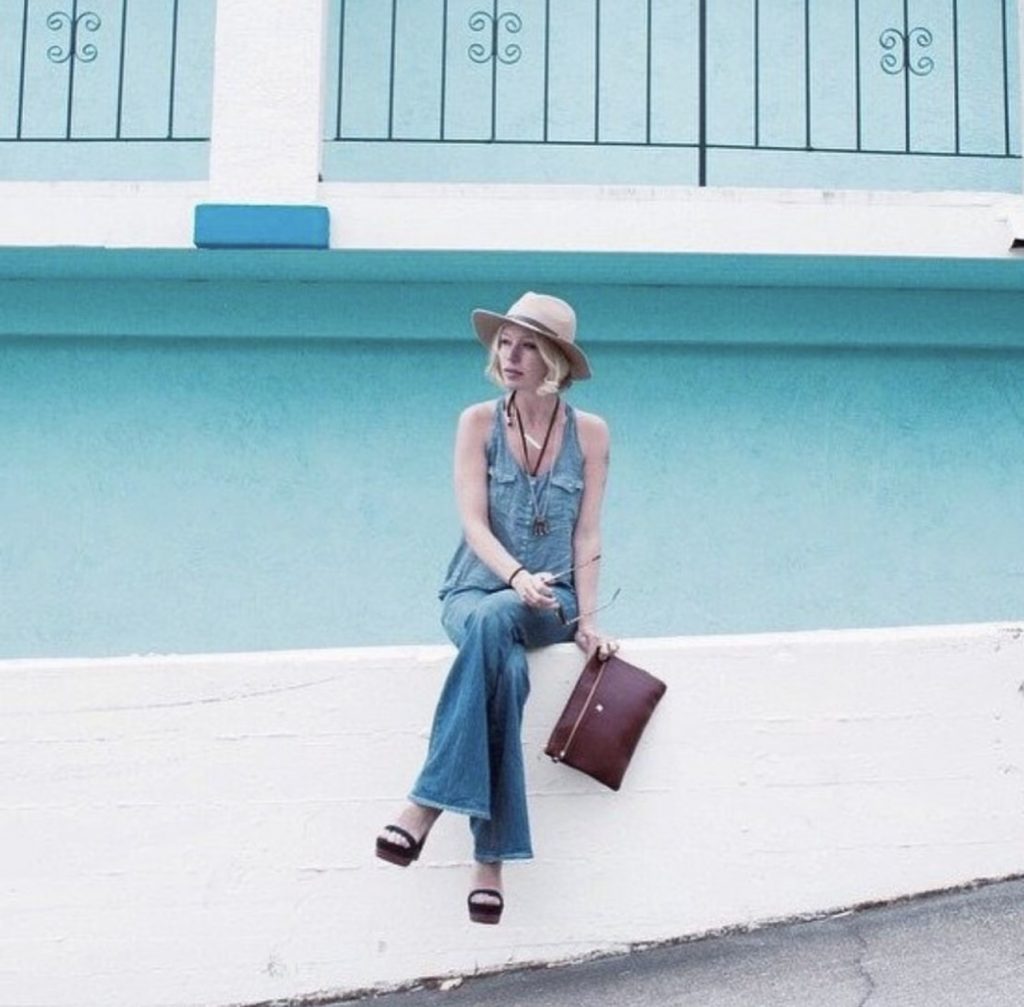
OK, so I think we can all agree: bidding wars ARE THE WORST. You get all crazy emotional, and start laying awake at night picturing your new life between your new walls, and come up with your highest and best offer, and then someone swoops in all WHEE I HAVE SO MUCH MONEYYYY and you can’t even compete but you try to, and start offering more and more and more, and then don’t get it anyway, and:
-> tears.
Anyway, I’ve been through a few bidding wars over the course of my life as a homeowner (six, to be precise, with another one on the horizon this week). I have also been on the other side, as a seller. And what I have learned is that there is nothing you can do to control the outcome (short of having unlimited reserves of cash, in which case that’s wonderful and also you are probably reading the wrong website), but there is a whole lot you can do to tip the scales in your favor.
Are any of these things going to for-sure win you the house? No. But they will make it more likely, and “more likely” is better than “less likely,” am I right?
So maybe this post should actually be titled:
How To Give Yourself A Marginally Better Shot At Winning A Bidding War.
Let’s go with that.
1. Determine Your Highest And Best. First, you need to figure out what your “highest and best” offer is. This takes into account both what your bank tells you you can afford (a.k.a. the highest loan you qualify for) and what you can actually afford based on your income and expenses, which might be something quite different. Keep this number in mind. Forget all numbers higher than it, because that, my friends, is called A Headache That You Do Not Need.
2. Don’t Show All Your Cards. If you manage to see a property prior to an open house (e.g. right when it comes on the market), you might be tempted to make an offer and try to get the sellers to cancel the open house. I did this once, back when we were buying our first house. You know what happened? The listing agent wandered around the open house saying “Just so everyone’s aware, we already have an offer.” And you know what that did? Added to the excitement about the house and boom: more offers in, Jordan out. Now, in a not-hot market you may very well want to make an offer as soon as you can, but just be aware that this strategy has the potential to backfire.
3. Sweeten The Deal. Of course sellers are looking at the price that you’re offering, but that’s not the only thing that factors in to what constitutes the “best” offer. Your offer can include contingencies for everything from an inspection to a closing date (basically stating that you’re allowed to change your mind based on these factors during a certain period of time). The more contingencies you feel comfortable removing, the more favorable your offer will be to the sellers. That said, obviously don’t remove contingencies that you need in place to protect yourself and your investment.
4. Cashity Cash Cash Cash. When I first started looking at offers from potential buyers of my house, I didn’t understand why a 20% down payment was preferable to a 10% down payment if the total amount of both offers was the same. I mean…what’s the difference to me whether the money is coming from a person or from a bank?
Except it does matter, and this is why: appraisal. If the bank determines that the house’s value is lower than the amount the potential buyer has offered, the buyer will have to make up the difference in cash. They may not have the cash, or may decide they don’t want a house that under-appraises. An all-cash offer means the bank isn’t involved at all, which means appraisal isn’t an issue, and the more cash a buyer is willing to put down the less likely it is that under-appraisal will cause a sale to fall through. In short: the more you can put down, the better.
5. Consider “Sharp Bidding.” This technique is actually what won me our first house (the one we just sold). What you do: tell your broker “I will bid X amount over the highest bidder on the house up until X amount” (e.g. “I’ll pay 5k over the highest bidder up until 500,000”): you may end up paying less than your top price, but regardless: once the war hits 500,000, you’re out. This strategy definitely escalates purchase price and works in the seller’s favor – and some listing agents feel that it creates confusion and ill-will – but I feel like it’s a good way to pre-set the top value you place on the house without jumping in at your absolute highest and best.
6. Write A Letter To The Owners. Not everyone thinks that this is worthwhile: “Money,” they say, “speaks loudest.” That may be true, but still: believe that there’s enormous value in putting a human element into this very stressful (and often impersonal) process – and I think that the very best thing you can do is to tell the truth. Tell the people who own the home why you love their home, and what it means to you, and speak honestly and openly.
Look, here’s the reality: no matter how lovely and compelling your story is, the sellers are likely going to go with the most financially profitable offer. But – and this is a big “but” – if there are multiple offers that are essentially equal but one potential buyer has expressed to them what the home means to them…well, it just may matter.
I made the above video right after the open house ended, because a couple dropped off a letter on my porch about our house that got me all weepy. I ended up going with the strongest offer because that was the smartest decision for us (note I didn’t say the “highest” offer, but rather the “strongest” one based on a variety of factors), but for my backup choice I had two offers that were basically the same, and guess who I went with? The family that had written a letter that tugged at my heartstrings. You never know who you’re buying from, and it might just be an emotional smushball like me…so why not do everything you can, right?
Right.






